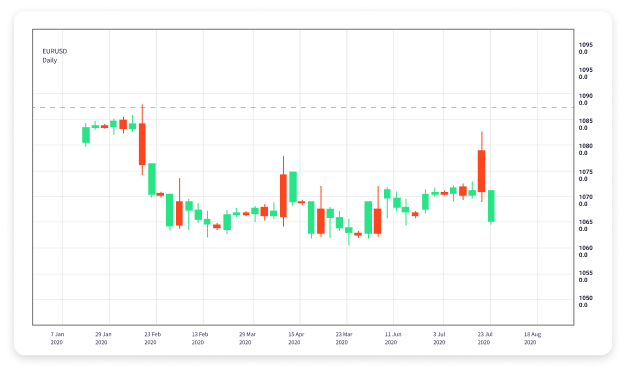
In the world of Forex trading, having the right forex trading license trading-cambodia.com license is paramount for both traders and brokers. A Forex trading license acts as a regulatory seal that demonstrates compliance with financial laws, enhancing credibility and trust. In this article, we will delve into the various aspects of Forex trading licenses, including their significance, types, and the steps necessary to obtain one.
The Importance of Forex Trading Licenses
When engaging in Forex trading, whether as a broker or a trader, it’s essential to understand the significance of obtaining a Forex trading license. These licenses are crucial for several reasons:
- Regulatory Compliance: Licensing ensures that market participants adhere to the regulatory frameworks established by governing bodies. This compliance is vital for protecting investors and maintaining market integrity.
- Consumer Trust: A license indicates that a broker operates within legal boundaries, fostering trust among clients. Traders are more likely to engage with licensed brokers, knowing that their funds are safeguarded.
- Access to Markets: Many trading platforms and financial institutions require brokers to possess a valid license to access liquidity providers and other critical services.

Types of Forex Trading Licenses
Forex trading licenses vary significantly depending on the jurisdiction and regulatory authority involved. Below we outline some of the most common types of licenses:
1. No License
Some brokers operate without a licensing authority. While this may appeal to specific traders looking for lower fees or unrestricted trading conditions, it poses substantial risks, such as lack of regulatory protection and the potential for fraud.
2. Offshore Licenses
Many brokers seek licenses from offshore jurisdictions, such as Belize, Seychelles, and the British Virgin Islands. These licenses are often less stringent, making it easier for brokers to obtain them. However, the regulatory oversight may lack compared to more heavily regulated jurisdictions.

3. Major Financial Regulatory Authorities
Some of the most reputable licenses issued by recognized authorities include:
- United States – NFA and CFTC: The National Futures Association (NFA) and the Commodity Futures Trading Commission (CFTC) regulate Forex brokers in the USA, ensuring adherence to strict compliance standards.
- United Kingdom – FCA: The Financial Conduct Authority (FCA) is one of the most respected regulatory bodies, requiring firms to maintain high standards of conduct and financial integrity.
- European Union – CySEC: The Cyprus Securities and Exchange Commission (CySEC) oversees Forex brokers operating within the EU, providing a reputable level of regulation.
Steps to Obtaining a Forex Trading License
Acquiring a Forex trading license can be a complex process that varies by jurisdiction. However, some common steps include:
- Choose a Jurisdiction: Identify the regulatory authority that aligns with your business goals and the level of compliance you are willing to meet.
- Prepare a Business Plan: A comprehensive business plan demonstrating your operational strategies, denoting financial projections, and compliance with regulatory standards is often required.
- Submit an Application: Fill out the necessary application forms and provide documentation for your business, ownership structure, and financial capability.
- Capital Requirements: Most jurisdictions mandate minimum capital requirements to ensure that the broker can meet its obligations. Prepare the necessary funds.
- Implement Compliance Mechanisms: Establish internal compliance systems to adhere to anti-money laundering (AML) and know-your-customer (KYC) regulations.
- Await Approval: After submitting your application, there will be an evaluation period during which the regulatory authority reviews your submission. Promptly address any queries or additional information requests.
Challenges and Considerations
Obtaining a Forex trading license comes with its own set of challenges:
- Time-Consuming Process: The licensing process can take months, causing delays in launching your trading operations.
- Costs: Licensing fees, compliance costs, and ongoing regulatory obligations can add up and require significant investment.
- Complex Regulations: Navigating the legal requirements can be daunting, necessitating legal counsel to ensure compliance.
Conclusion
In summary, acquiring a Forex trading license is a crucial step for brokers looking to establish a trustworthy trading platform. Understanding the types of licenses available and following the necessary steps to obtain one will help ensure compliance and built a foundation of credibility within the market. While the process may seem complex, the long-term benefits of a licensed operation far outweigh the initial hurdles.
As you embark on your journey in the Forex trading world, ensure you prioritize securing the right licensing to safeguard your operations and build trust with your clients.